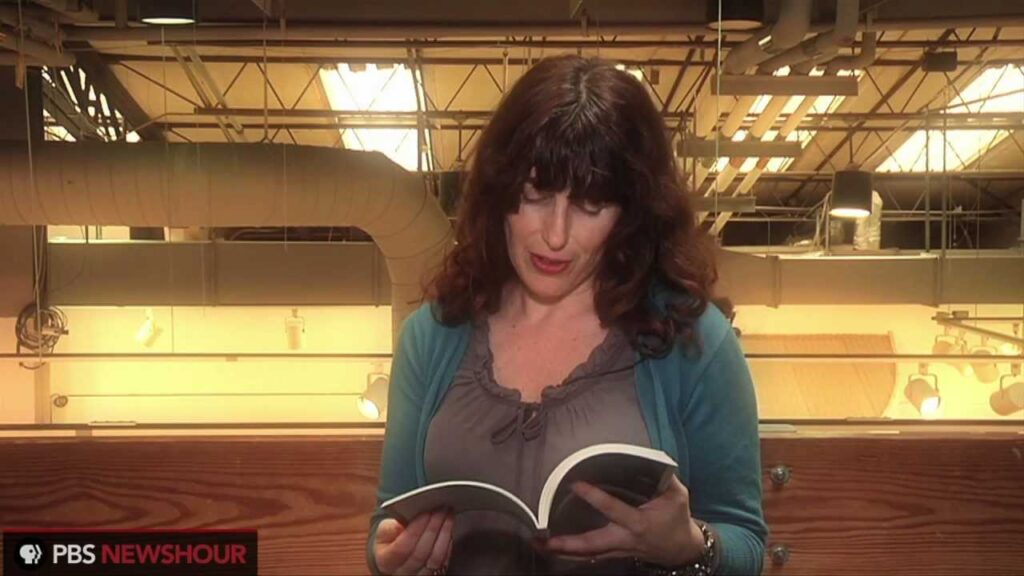Pioneers in the Study of Motion
by Susan Briante
Ahsahta Press, $16 (paper)
“I sit with my legs closed, a single woman edging a plaza in Mexico.” Susan Briante opens with a loaded situation. Yet in poems composed mostly out of uninflected, declarative sentences, the poet writes as a disembodied eye. The tone of the book is controlled, the voice of someone speaking quietly, and slightly self-consciously, into a tape recorder. Indeed, like a journalist, Briante runs through details about Third World cities, but even her typography—the first third of the book is mostly double-spaced—points to the ways in which the accumulated terms fail to cohere. “Unstable love, detached love, underperforming love, neo-liberal love,” she writes toward the end of one poem. “40 percent of retail shopping in Mexico occurs at a Wal-Mart-owned outlet.” Whether you enjoy this depends on your own mental fertility, since there aren’t enough clues here to identify an intention behind the voice. Indeed, the most enjoyment in Briante’s poems cannot be found in the larger arcs of her work, but in the unusual lines her passive observation brings forth: “11,000 handmaids swaddle an intersection,” “A 20-liter tank of natural gas rolls across courtyard tile like a lung filled with bells,” “Silt light scours the asphalt amidst the thousandness / of traffic experiments.” At their best, Briante’s poems remind one of a panorama by Sebastião Salgado. We see sharply lit clips from the margins of the globalized economy—margins that reimagine not only our garbage, but our poems as well.








